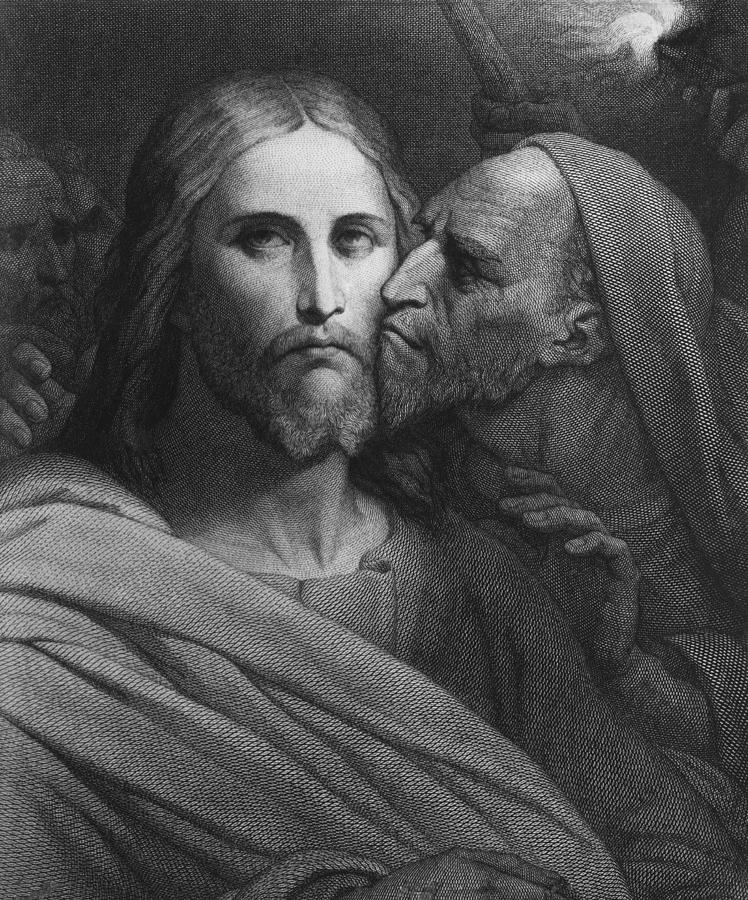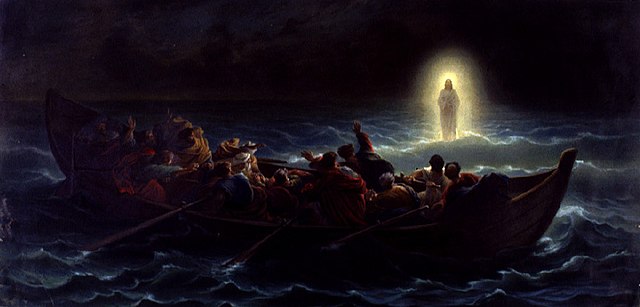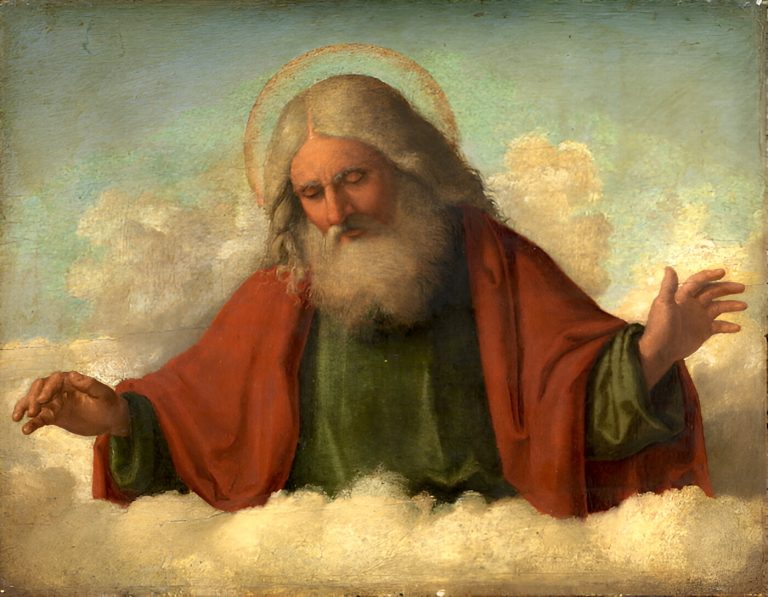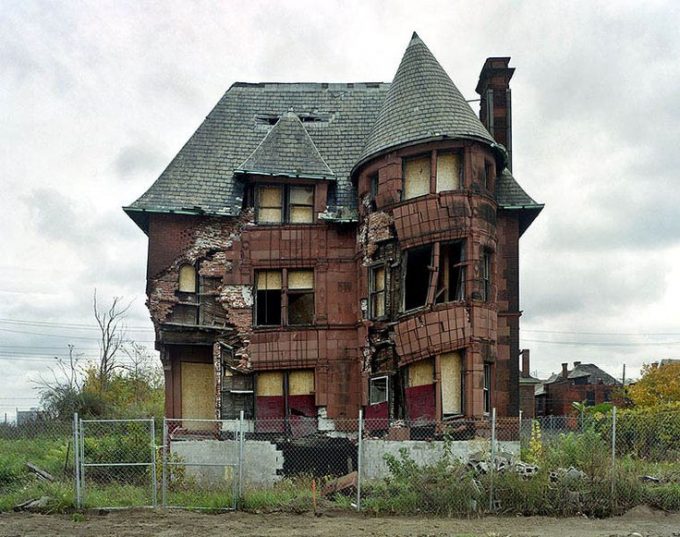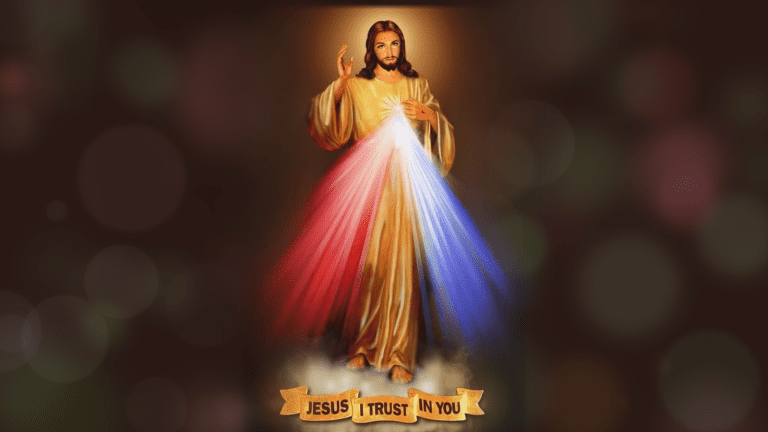It is both obvious and fitting that The Church Jesus Founded has been as hated as Jesus. The Catholic Church has been insulted, lied about, and attacked since the arrest and crucifixion of its Founder.
The hatred comes from those too influenced by the seven deadly sins: pride, envy, greed, gluttony, anger, lust, and sloth. When it can, that hate crystallizes in thoughts, words, deeds, and political structures that try to corrupt or kill Catholic Bishops, priests, and laity.
Every tyranny on earth has hated The Only Church Jesus Founded. In recent history, English Protestants, French Revolutionaries, and Communists have joined Moslems in hunting down and killing as many Catholics as they could. All who seek favor from Catholic-haters have also joined in killing Catholics and trying to destroy The Church Jesus Founded.
What happens to the souls of those who hate, undermine, insult, and try to destroy The Only Church Jesus Founded? The enemies of Jesus are not among those He describes as friends: “If you obey My commands you are My friends.”
Some say “Yes.” when asked “Would He allow His enemies in Heaven?” Some use His, “Forgive them Father, they know not what they do.” as a sign that He forgives His enemies. Other scholars point out that “this portion of Lk 23:34 does not occur in the oldest papyrus manuscript of Luke and in other early Greek manuscripts and ancient versions of wide geographical distribution.”
Was “Forgive them Father, they know now what they do.” added by the early Church to give hope to those who would otherwise have no hope? Would those who had persecuted The Church be lost completely if that passage had not been inserted to provide them the possibility of later Salvation? Was that hope so important an element of salvation that it was added by the very Catholics, at the direction of The Holy Spirit, who were being hunted down, tortured, and painfully killed by those same Roman tyrants to whom the phrase offered a chance of Heaven?
This is a real Bible mystery. Was “Forgive them Father, they know not what they do.”, added after the fact by The Only Church He Founded in order to save a few who would otherwise be lost? Was it added by St. Paul, who included the notion of “Pauline Privilege” regarding a Catholic divorcing an anti-Catholic spouse?
Or, did The Holy Mother, or St. John, or someone else who was there remind Luke, “Didn’t He say ‘Father forgive them for they know not what they do.’ before He died?” and Luke replied, “Yes, come to think of it, He did! Thank you for reminding me!” and had it inserted in later editions?



